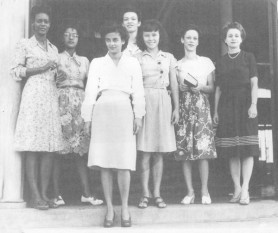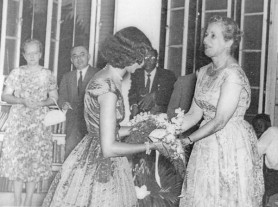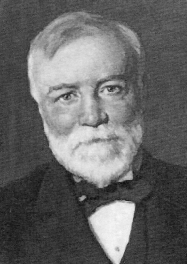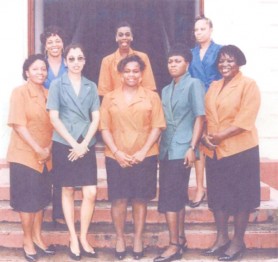The National Library celebrated its centenary last week. Built in 1909 with funding provided by US philanthropist Andrew Carnegie, the library was designed by Percival Hodge.

It did not start off life as a ‘national’ library; it was originally called the Georgetown Public Free Library, and from 1950, just the Public Free Library, after its services were extended to areas outside the capital. It became the National Library in 1972, and a legal deposit institution for all locally printed matter.
The building too has undergone some changes over the century of its existence. In 1935, upper storeys were added to the wings in order to accommodate the museum’s ethnographic collection. Since the main part of the museum in Company Path was destroyed in the 1945 fire, this was the only segment of its collection to survive. After the Royal Agricultural and Commercial Society erected new premises, including a museum on its former site, the ethnological items were moved there, and the library was able to occupy the first floor of its building.
Another new wing was added in 2000.












